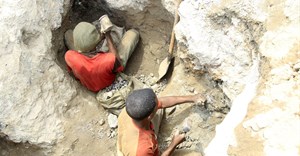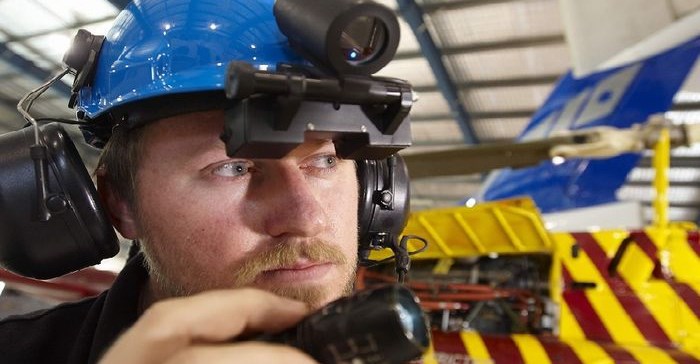
Related







Congo likely to start artisanal cobalt buying
Pratima Desai & Helen Reid 13 Jul 2021

Explainer: how South Africa regulates medicines and vaccines
Andy Gray 11 Feb 2021

Smart helmets, for example, can be employed to assess the health and wellbeing of workers. US-based Guardhat has developed a smart helmet with sensors that can detect workers’ safety in their immediate surroundings.
Wearables are evolving into important tools in the expanding Internet of Things (IoT) landscape, driven by a combination of technological progress and market demand. GlobalData's latest report, Wearable Tech in Mining – Thematic Research explores how wearables will be the next big consumer technology, with their impact similar to that of the smartphone.
Smart glasses or smart helmets could be useful in reducing the time and cost it takes to inspect and repair equipment. Wireless connectivity can also assist a field engineer to receive expert guidance in real time.